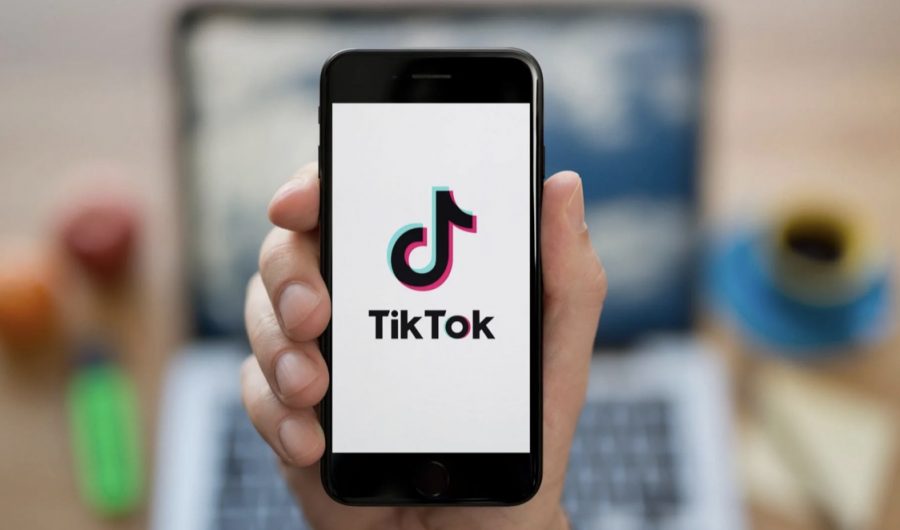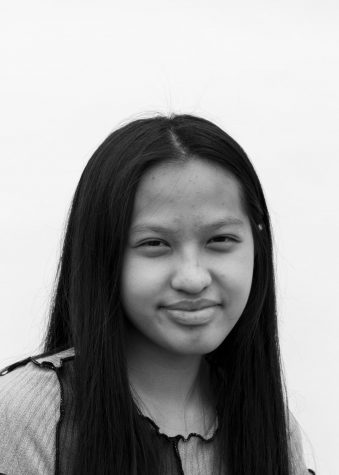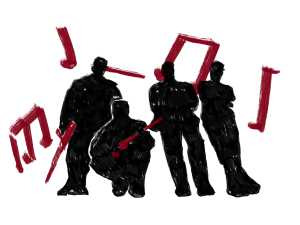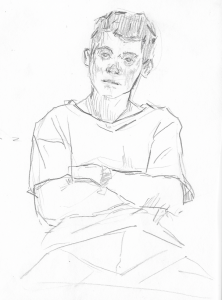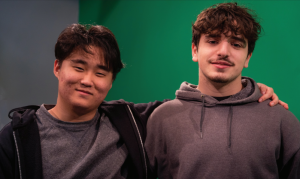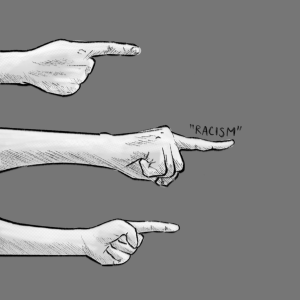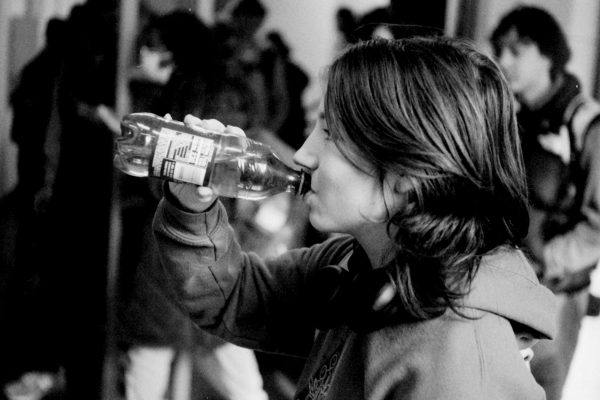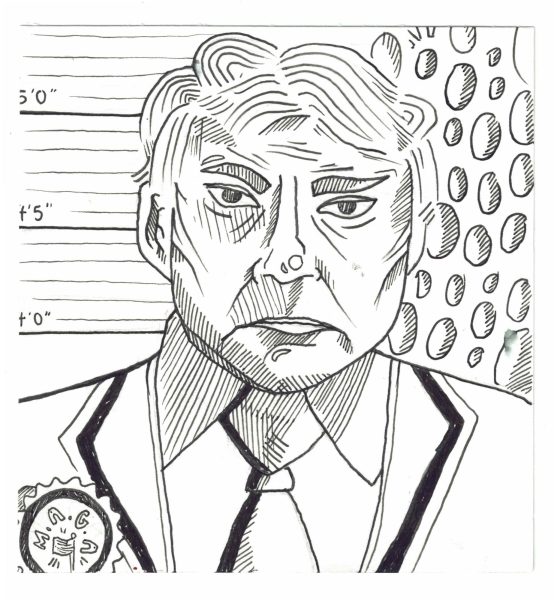Let’s Stop Normalizing Bullying on TikTok
February 26, 2021
TikTok, the leading social media app for teenagers across the globe, has been widely used for young adults to express themselves via music and comedic skits. The platform supports content ranging from dance videos to activists raising awareness on a variety of issues. Currently, an increasing number of celebrities around the world are making use of the app to promote and attract digital natives, people who are familiar with technology, to join the playful social media app. However, outsiders to the app may overlook the dark side of TikTok—cyberbullying.
With more than one billion user-generated videos uploaded to the app, anyone’s content can pop up on a user’s “For You Page.” Compared to other social media platforms where the focus is on content from people you follow, the TikTok algorithm has been curated in a way that enables bullying, as you would not typically torment people you know or love. Furthermore, many users have taken advantage of the comment feature on the app, using it to criticize a creator’s video and content in a derogatory and uncivil manner, commonly targeting “abnormal personalities” and racial or sexual orientation matters.
In the past year, many celebrities have been bombarded with hate on TikTok. Taio Cruz, an English music artist and singer of the 2009 hit “Dynamite,” quit TikTok in less than a week, explaining, “Never in my life have I had a more negative experience than the past few days on here.” Later, he posted on Instagram and elucidated the reason for his departure of the platform, saying, “My body was shaking and I had suicidal thoughts … For my own mental health, I would rather be where I’m welcomed, for now, TikTok is not that place. Social media shouldn’t be like this.”
Another example is Debby Ryan, who became a meme for her role in the Disney movie Radio Rebel. Users criticized her facial expressions and her acting, which admittedly was funny at first, but soon became more than just a joke. Luckily, Ryan seemed to take the hate lightly, even going as far as to add onto the meme. Aidan Gallagher, the seventeen-year-old actor who rose to fame on the Disney show Nicky, Ricky, Dicky, and Dawn, also experienced extreme bullying on the app. Gallagher went viral after videos of him singing his original songs blew up on the app. In his response, he stated, “For everyone hating me because I sing so badly and telling me to stop… You win. I’ll stop… I’m sorry.”
Many users have taken advantage of the comment feature on the app, using it to criticize a creator’s video and content in a derogatory and uncivil manner.
Along with countless other celebrities, small creators have also received negative comments from users on the app. In a particular video, when a creator was attempting to showcase her acting, she received comments like, “I have passed away from second hand embarrassment,” and, “Hey Siri, how do I delete someone else’s post?” These comments have earned almost 500,000 likes and thousands of replies adding to the initial comment. In another video where a mom and her daughter attempt to give a tutorial on a “life hack,” comments such as, “The best thing about this is they’re not even trying to be funny,” and, “Why did [the video] go on for so long?” were displayed in the section. Thankfully, among those hateful comments, there was an occasional positive one, reminding others to be nice.
“I think bullying on TikTok is situational,” sophomore Faye Burke says, “A person is way more likely to become famous if they are just plain attractive, but that makes them more likely to get bullied for being famous but having no talent.” For instance, Charli D’amelio, one of the most famous teenagers in this generation, became famous for her dance videos on the app. Many users accused her of having no talent and only becoming famous for her appearance. The sixteen-year-old dancer has received a profound amount of hate since she became popular in late 2019. Last year, she responded to body-shamers with a tweet stating, “Stop talking about my body! It’s not your place to tell me if I’m losing weight or gaining weight.”
The fact is, bullying should never be acceptable, even if it seems like everyone else is doing it. D’amelio continued on Twitter, asking, “Why don’t we all just be respectful and understand that we should just be kind and uplift everyone instead of trying to bring others down? … it doesn’t matter who you’re doing it to… it’s never okay.” But despite a TikTok spokesperson’s claim, “TikTok is a safe space for our community and we have a zero tolerance approach to bullying and harassment,” it is clear the app has a lot of work to do.
All in all, yes, people are allowed to criticize others’ content, but there is a right and wrong way to do that. TikTok needs to be turned into a positive place, where people can post whatever they want without being afraid to be judged and bullied, as long as what they post is in itself is not offensive. Younger audiences witnessing the normalization of online bullying can be led to believe that being rude in an uncivil manner is the social norm and acceptable. Therefore, users need to start spreading positivity, especially during a worldwide pandemic where everyone needs a source to de-stress and for entertainment. Let TikTok be that source for everyone.

